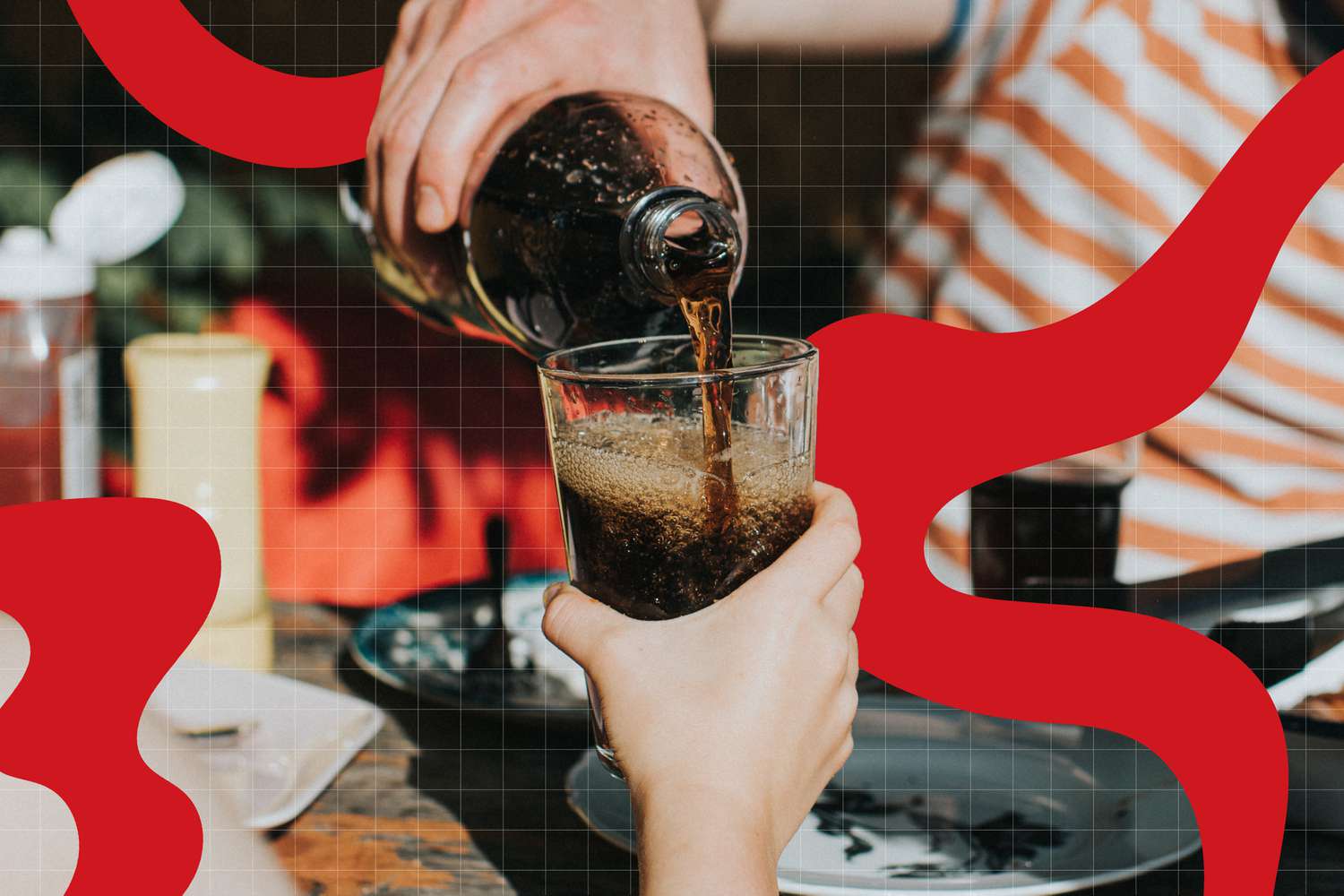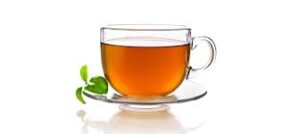In a world where caffeine and fizzy drinks have become a staple of daily life, new research sheds light on the potential health risks associated with certain beverages. Too much coffee, soda, and fruit juice may significantly increase the risk of stroke, while tea and water appear to offer protective benefits.
The Link Between Beverages and Stroke Risk
According to recent studies, beverages like carbonated drinks, fruit juices, and more than four cups of coffee a day have been linked to an increased risk of ischemic stroke and intracerebral hemorrhage (ICH). The findings come from the large-scale INTERSTROKE study, which analyzed data from over 26,000 individuals across 32 countries.
 Coffee and Stroke Risk
Coffee and Stroke Risk
Drinking more than four cups of coffee per day increases the risk of stroke by 37%, particularly due to blood clot formation. However, drinking less than four cups does not appear to carry the same risk. The caffeine in coffee can elevate blood pressure, a key stroke risk factor, while the polyphenols in coffee, known for their antioxidant properties, may offer some protection. Yet, moderation remains crucial when it comes to coffee consumption.
Soda and Carbonated Beverages
 Both sugar-sweetened and artificially sweetened sodas were linked to a 22% increased risk of stroke. The risk was most pronounced in regions like Africa, Eastern and Central Europe, and South America. The high sugar content in these fizzy drinks contributes to obesity, diabetes, and hypertension, which are significant risk factors for stroke.
Both sugar-sweetened and artificially sweetened sodas were linked to a 22% increased risk of stroke. The risk was most pronounced in regions like Africa, Eastern and Central Europe, and South America. The high sugar content in these fizzy drinks contributes to obesity, diabetes, and hypertension, which are significant risk factors for stroke.
Fruit Juice and Stroke Risk
Consuming fruit juice or fruit drinks raised the risk of intracerebral hemorrhage by 37%, with women being at higher risk than men. In fact, drinking two fruit drinks a day triples the risk. While fruit juices are often perceived as healthy, many commercial varieties contain added sugars and preservatives, negating their health benefits and potentially increasing stroke risk.
Tea and Water: Protective Beverages
While too much coffee and soda may raise stroke risk, drinking tea and water offers significant protective effects.
Tea Reduces Stroke Risk
 Research has found that consuming three to four cups of black tea a day, such as Earl Grey or Breakfast tea, can lower the risk of stroke by 29%. Green tea was also found to reduce the risk by 27%. The key here is the rich antioxidants in tea, particularly catechins and epicatechins, which help reduce inflammation and oxidative stress in blood vessels.
Research has found that consuming three to four cups of black tea a day, such as Earl Grey or Breakfast tea, can lower the risk of stroke by 29%. Green tea was also found to reduce the risk by 27%. The key here is the rich antioxidants in tea, particularly catechins and epicatechins, which help reduce inflammation and oxidative stress in blood vessels.
However, adding milk to tea may diminish these benefits. The antioxidants in tea may interact with milk, reducing their positive effects on stroke prevention.
Water and Stroke Prevention
Drinking more than seven cups of water a day reduces the risk of stroke by 18%. Proper hydration helps maintain blood viscosity and regulates blood pressure, two critical factors in preventing stroke.
Geographical Differences in Stroke Risk
Interestingly, the stroke risk linked to beverages varied across different regions. For instance, while tea provided a protective effect in South America and China, it was associated with an increased risk of stroke in South Asia. Similarly, carbonated drinks posed a higher stroke risk in Africa, Eastern Europe, and South America than in other regions.
Conclusion
The message from these studies is clear: too much coffee, soda, and fruit juice can significantly raise the risk of stroke, while tea and water may offer valuable protection. As part of a heart-healthy lifestyle, moderation in coffee and soda consumption, along with an increase in tea and water intake, could help reduce your stroke risk.
For those who rely on caffeine, the good news is that moderate coffee consumption (fewer than four cups a day) is not linked to an increased risk of stroke. However, swapping your extra cups of coffee for green or black tea might be a better choice for long-term cardiovascular health.